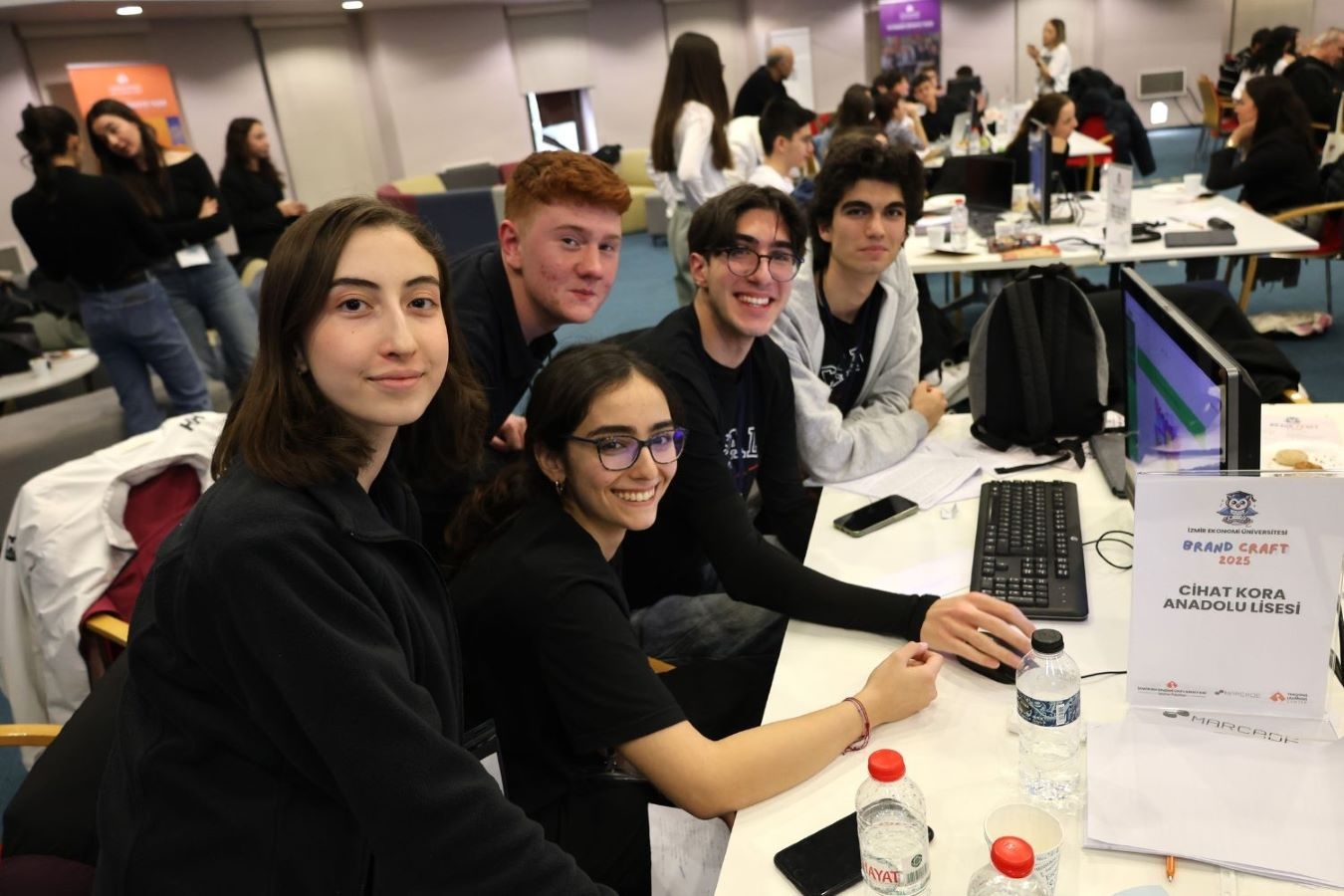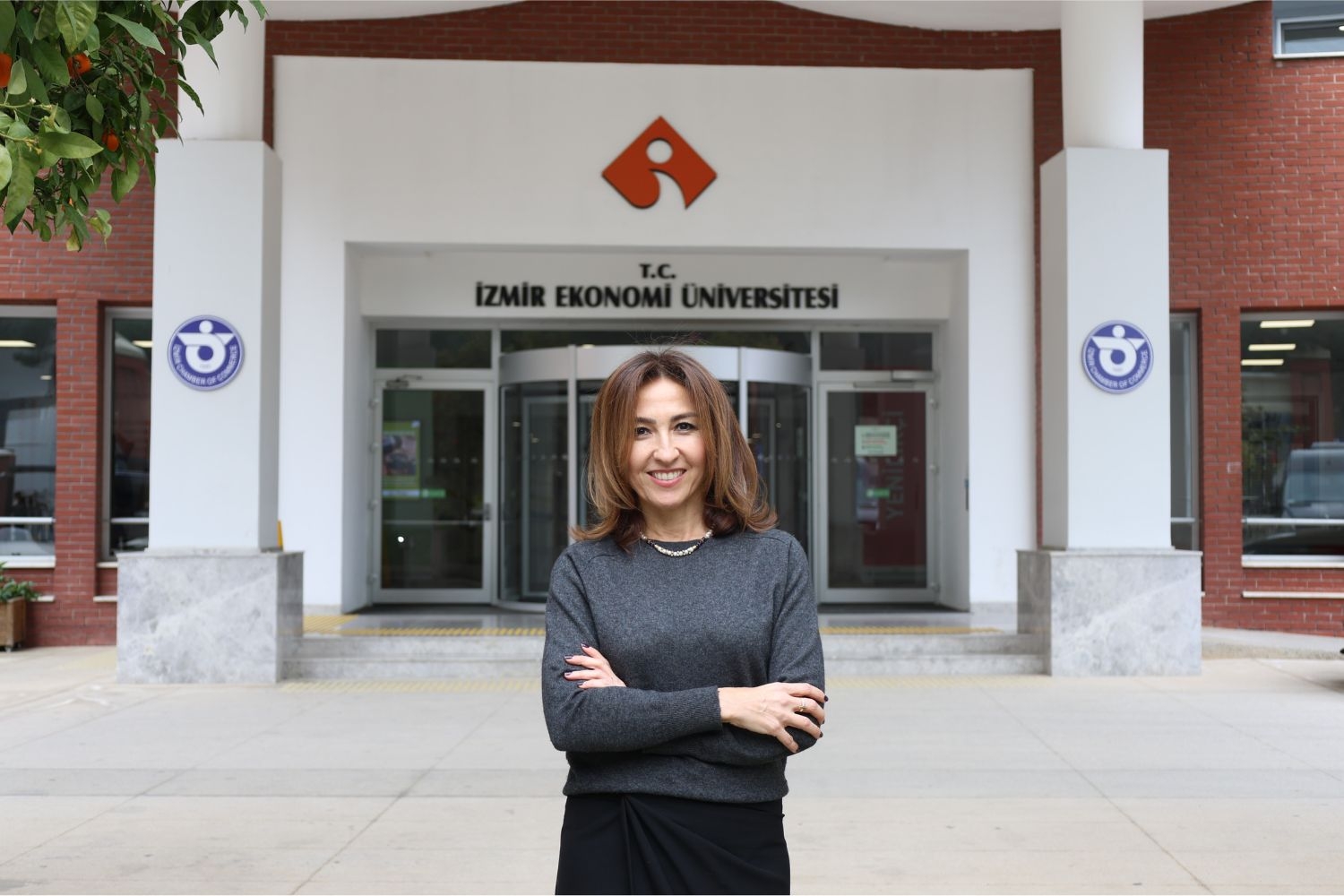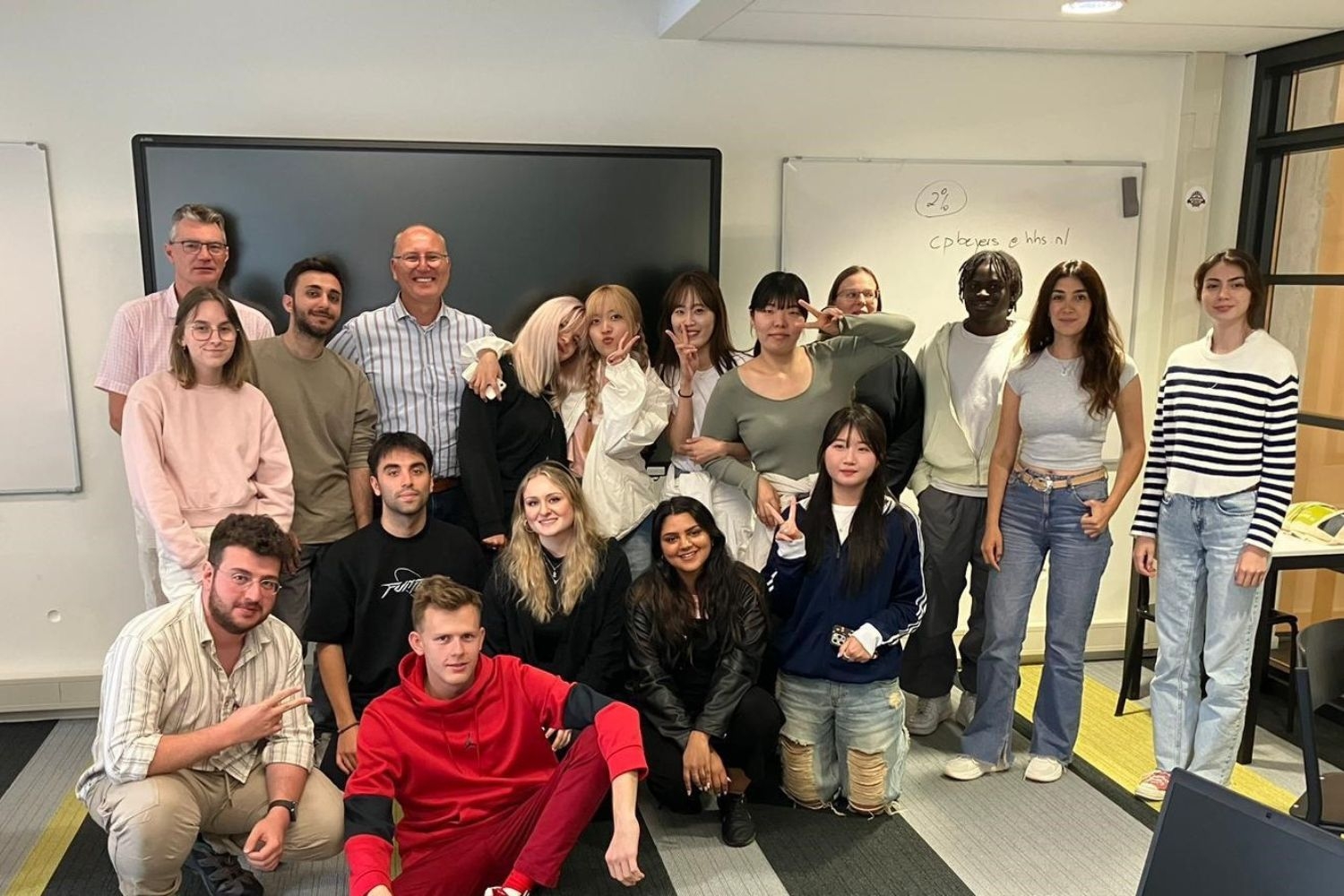
Education Bridge from Izmir to the Netherlands
In an effort to create new career opportunities for its students, the Faculty of Business at Izmir University of Economics ...

Silver medal in Italy
Onur Cavit Biriz, a national surfer and student of Izmir University of Economics (IUE), won the silver medal for our ...
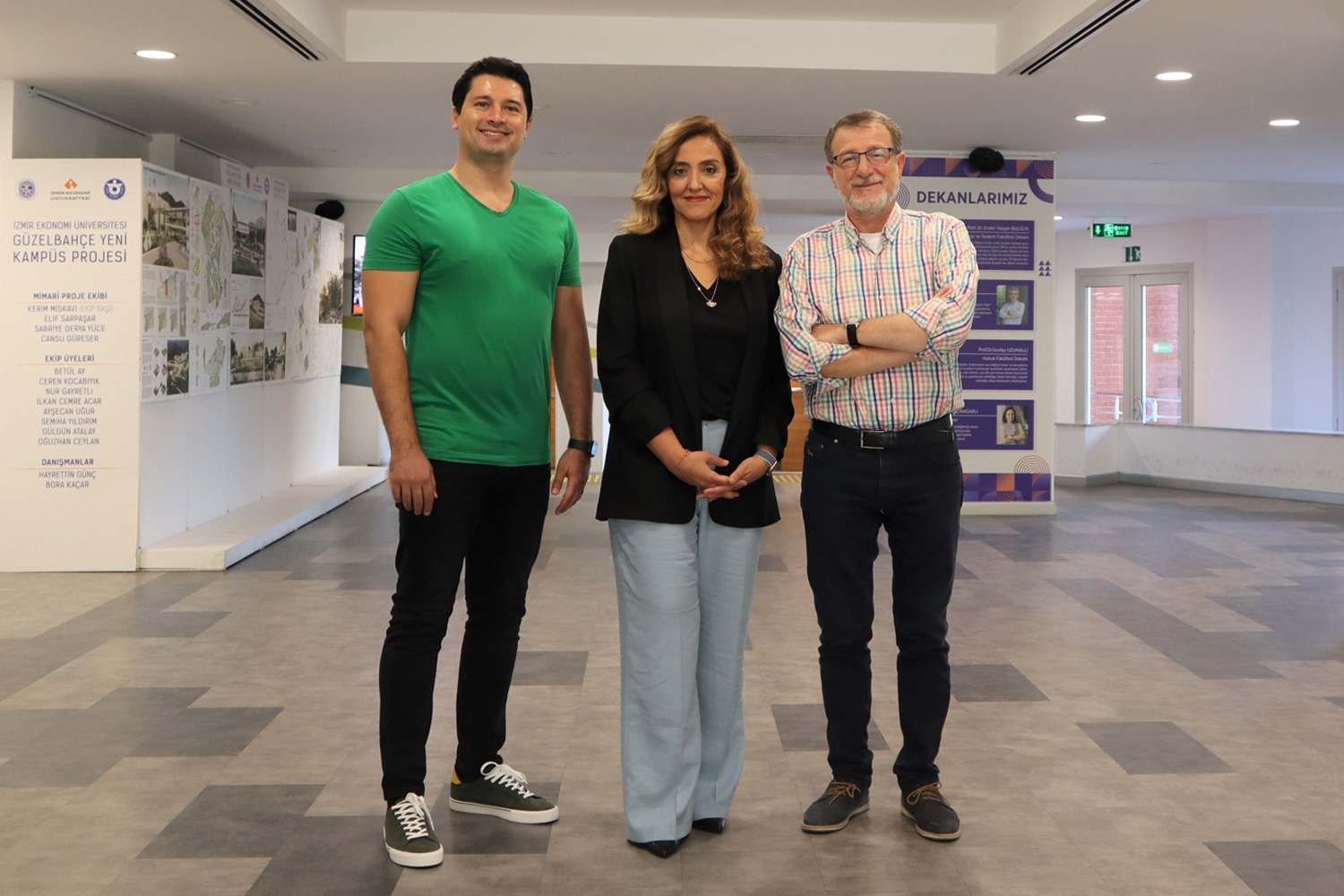
273 thousand lira research support for project on waste aggregators
The ‘waste aggregators’, who collect recyclable materials such as paper, glass and metal, and contribute to nature and the economy ...

...

Transfer to the ‘Big Four’
4 young people who graduated from Faculty of Business, Izmir University of Economics (IUE) quickly climbed the ladder of success ...
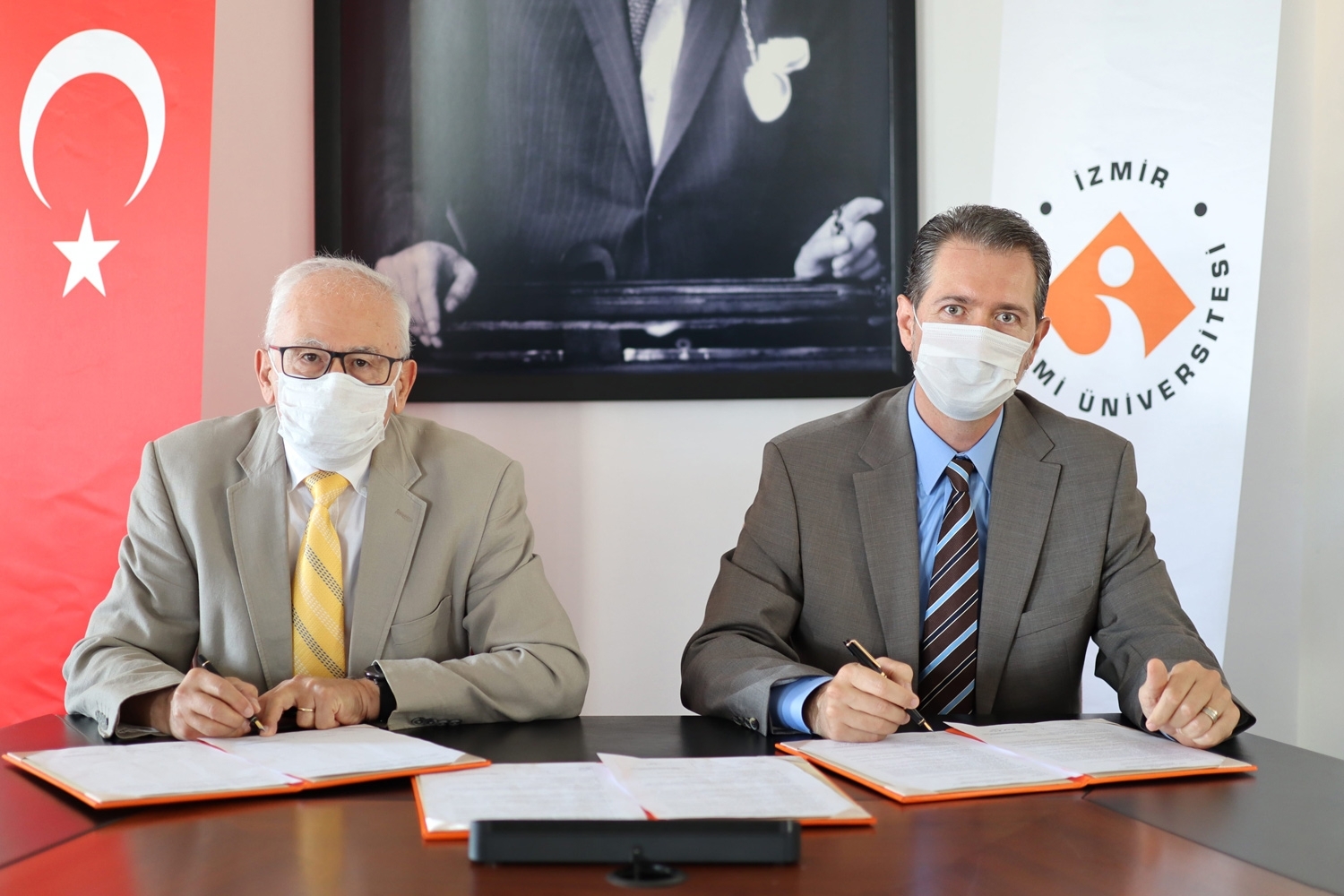
Exemplary cooperation from IUE and PwC to support education
The agreement made with PwC firm will provide priority internship and job opportunities to the students of IUE Accounting and ...



